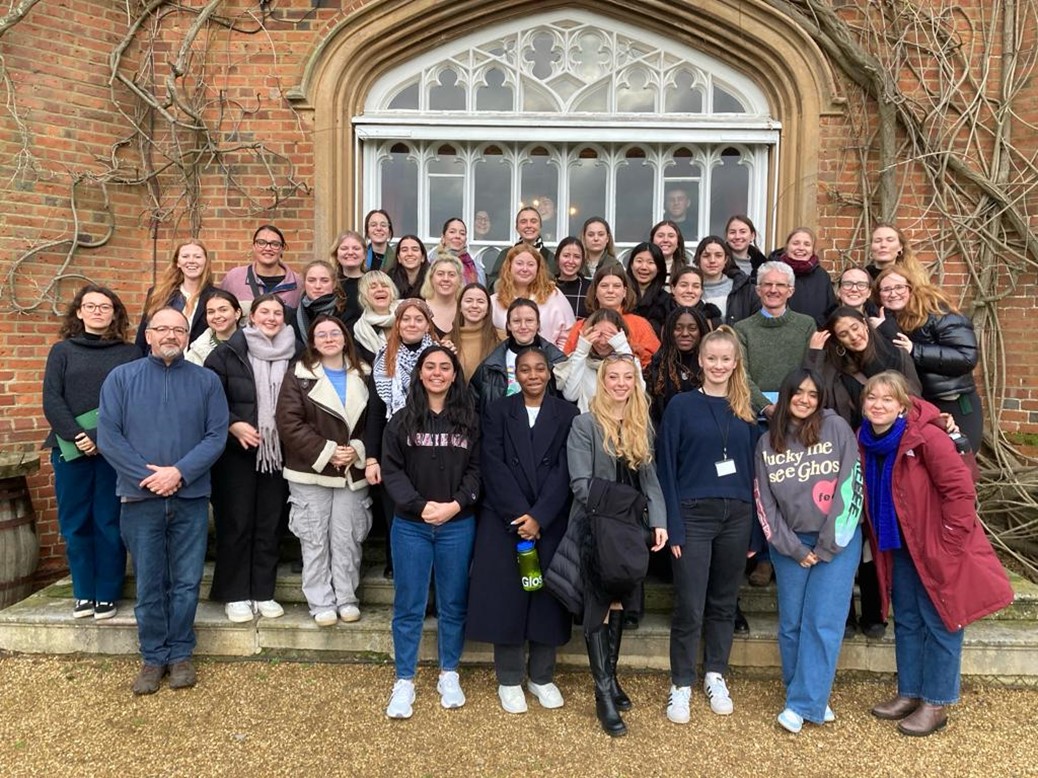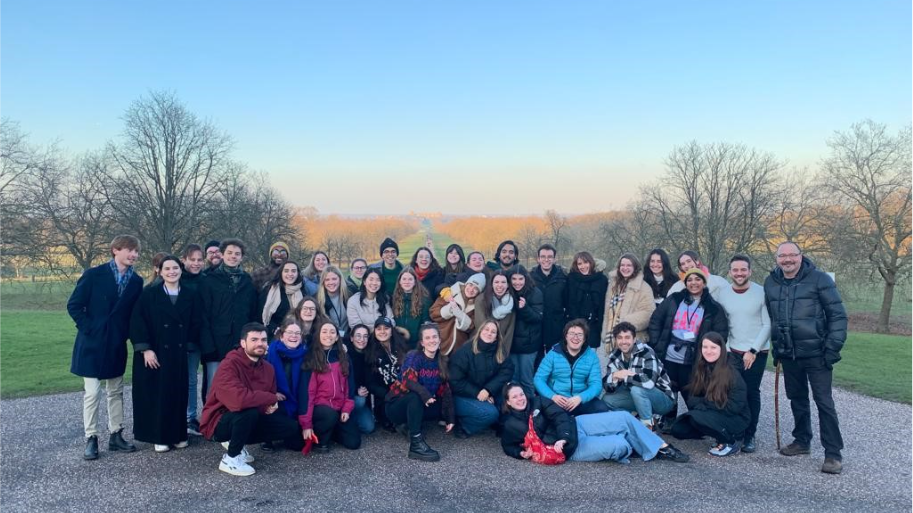Sam Nadel and Oliver Walton discuss how state measures to prevent support reaching terrorist groups can impede the work of humanitarian organisations.
Recent crises from Gaza to Afghanistan are a reminder of how difficult it can be to deliver aid in complex settings. Humanitarian non-governmental organisations (NGOs) face a range of political, legal and practical challenges when undertaking their work. One such challenge lies in negotiating the ever-expanding array of counter-terrorism laws and measures that have proliferated since 9/11. These include measures to prevent any form of direct or indirect support from reaching designated terrorist organisations, such as Boko Haram, Al-Shabab or Hamas.
States have the right to prevent all forms of terrorism. But, as humanitarian chief Jan Egeland has put it, ‘too often we also see that the “war on terror”…has had the unintended consequence of making it more difficult and dangerous to aid and protect victims of terror.’ Take Afghanistan, where following the withdrawal of US forces in August 2021, it was initially all but impossible for humanitarian groups to operate in the country, in part due to a fear their aid might end up in the hands of the Taliban.
The upshot is aid often doesn’t get through, with civilians paying the price.
For years, academics and humanitarian organisations have been raising the alarm, emphasising how counter-terrorism measures have led some organisations to pause or cancel programmes. Restrictions imposed by banks and other financial actors have forced NGOs to scale back or shut down projects and postpone salary or supplier payments. LSE’s own Stuart Gordon has highlighted how many NGOs have had their bank accounts closed and found it difficult to move money to offices working in conflict states. Islamic organisations face particular challenges and are unfairly targeted by restrictive measures from banks, despite obeying charity rules.
Building on this work, our new research published in Disasters (read the full Open Access article here), considers both the impacts of these measures and how they are understood and negotiated by humanitarian NGOs.
Our focus is on the UK, a complex (and restrictive) legal environment with numerous relevant statutes, including the Terrorism Act (2000) which adopts a much wider definition of terrorism than in other jurisdictions, and more recently the Counter-Terrorism and Border Security Act 2019, which includes a ‘designated areas’ offence, giving the government powers to designate all or part of a country, making it illegal for UK nationals and residents to enter that area.
We look at the period after 2015, partly to update the last detailed study on the impacts of counter-terrorism legislation on UK NGOs, and because this was a particularly volatile spell politically. This time has seen post-Brexit political divisions, a more proactive Charity Commission, new legislation that discourages charities from campaigning, and aid cuts that have hampered NGO activities.
In this context, NGO staff shared a variety of concerns about how their employers were responding. In particular, respondents in policy or programme-oriented roles felt that their organisations had adopted an increasingly risk-averse or risk-avoidant approach. As one interviewee stated, ‘The whole infrastructure that gets constructed around risk . . . is pretty much always negative’, adding that their employer’s approach amounted to identifying things that could go wrong and then ‘dreaming up what we can do to mitigate’.
The increasingly hostile political and media environment for charities in the UK also plays a role. One NGO senior leader told their organisation that given the level of scrutiny they faced, they would not be ‘sticking their head above the parapet’, telling staff, ‘We don’t really want to stand out too much. We just want to keep our head[s] down. We don’t want to be leading the charge’.
This risk aversion hampers NGOs’ ability to work with organisations closer to the ground. Counter-terrorism measures are leading NGOs to develop ever stricter criteria for working with partners, meaning they often end up prioritising working with larger local organisations, rather than local groups that often have stronger community roots, access, and trust.
In the past, worries about breaching counter-terrorism measures had made humanitarian organisations reticent about working together or taking strong public positions. Here, we found some grounds for optimism, with signs of improved coordination and dialogue between key players.
For example, after the Taliban’s return to power in Afghanistan in 2021, UK NGOs and banks successfully pressed the government on the need for an exemption for humanitarian activity, which was eventually granted. An interviewee told us this was a clear marker of progress: ‘If Afghanistan [the situation that emerged in 2021] had happened in 2015 . . . the response wouldn’t have been as effective’.
Other notable signs of progress include successful efforts by NGOs, working with the Crown Prosecution Service, to develop prosecutorial guidance for counter-terrorism offences, providing more clarity about what does and does not constitute an offence. Improved dialogue has led to better coordination within and between government departments involved in counter-terrorism and sanctions issues.
Humanitarian work is often messy and can come with significant risks. Yet government counter-terrorism measures often create undue additional legal and practical burdens for organisations operating in complex settings. Despite concerns by NGO staff that their organisations have become risk-averse in response, there are encouraging signs of a growing willingness by NGOs to work together and push back.
The views expressed in this post are those of the author and do not reflect those of the International Development LSE blog or the London School of Economics and Political Science.
Featured image: International Committee of the Red Cross via Flickr.





